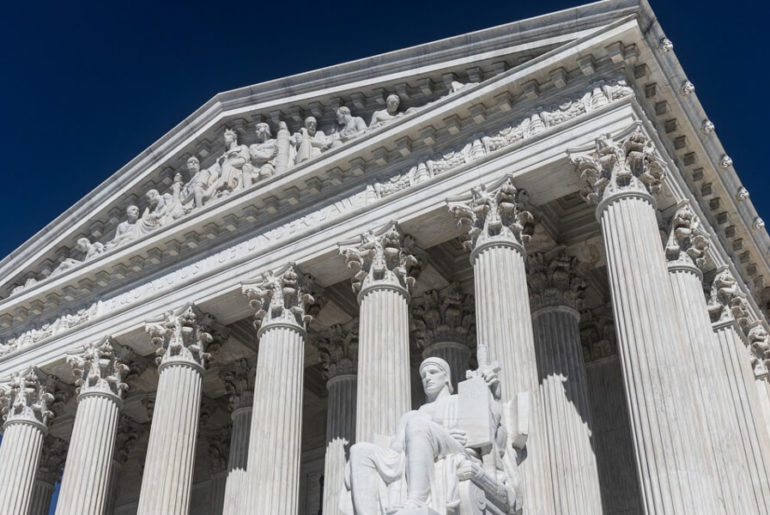In a 5-4 vote on Monday, The Supreme Court gave the green light for the Trump administration to implement the controversial Public Charge rule, which expands the reasons that a person could be denied a green card, visa, or admission into the United States.
It is not yet clear when the Department of Homeland Security will begin implementing the new rule and it is important to know that “public charge” does not apply to all immigrants:
- This law mainly impacts those seeking permanent resident status through family member petitions.
- Many immigrant categories are exempt from the public charge ground of inadmissibility, even if they might be applying for status or a green card. U visa holders, T visa holders, asylees, refugees, and many more categories are exempt.
- Public charge laws do not apply in the naturalization process, through which lawful permanent residents apply to become U.S. citizens.
The decision comes after the Trump administration turned to The Supreme Court to overrule a lower court ruling that temporarily blocked the implementation of the Public Charge. The rule, which makes it more difficult for low-income immigrants seeking to come to or trying to remain legally in the United States, was introduced last August.
The “public charge” clause dates back to the Immigration Act of 1882. At the time, federal lawmakers wanted to ensure that immigrants could take care of themselves and would not end up becoming a public burden. The new rule applies for any immigrant who has been living in the U.S. and has received at least one public benefit, including Medicaid, food stamps, welfare or public housing vouchers, for more than 12 months within any three-year period. People who are labeled by a USCIS agent as “public charge” are deemed inadmissible to the U.S.
According to CNN, Susan Welber, a staff attorney at the Legal Aid Society and an opponent of the rule, said that the government was trying to exclude anyone who is “predicted to receive even a small amount of food, health or housing assistance at any point.”
“We are very disappointed in the Supreme Court’s decision, and the irreparable consequences it will have for immigrants and their families across the nation, but we continue to believe that our legal claims are very strong that we will ultimately prevail in stopping this rule permanently.”
On the other hand, Homeland Security Deputy Secretary, Ken Cuccinelli said, “We’re happy to see the Supreme Court step in the way they did here. It is very clear the US Supreme Court is fed up with these national injunctions by judges who are trying to impose their policy preferences instead of enforcing the law and we see this again with the Supreme Court stepping in the way they have here and we very much appreciate it.”
Earlier this month, a New York court refused to set aside an injunction which prevented the rule from being enforced anywhere in the country. The injunction was part of a nationwide effort, with various parties, including New York State, New York City, Connecticut, Vermont and several nonprofits legally challenging it.
In October 2019, the U.S. District Courts for the Southern District of New York, Northern District of California, Eastern District of Washington, Northern District of Illinois, and the District of Maryland ordered that The Department of Homeland Security (DHS) could not implement the final rule on the public charge until there is final resolution in the cases.
“Quite simply, under this rule, more children will go hungry, more families will go without medical care and more people will be living in the shadows and on the streets. We cannot and we will not let that happen,” said New York’s Attorney General Letitia James back in 2019.
As of today, there is no start date for a rule, and advocates are still trying to fight it in court.

